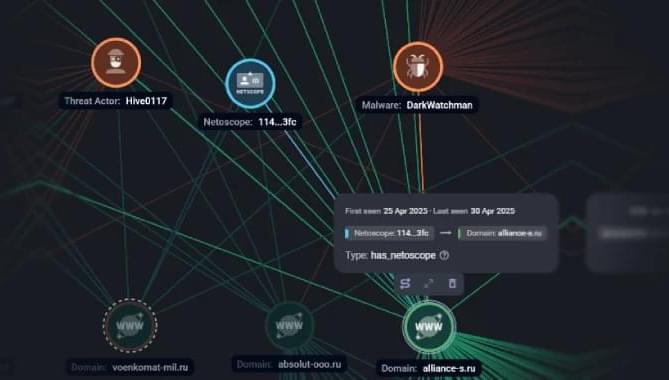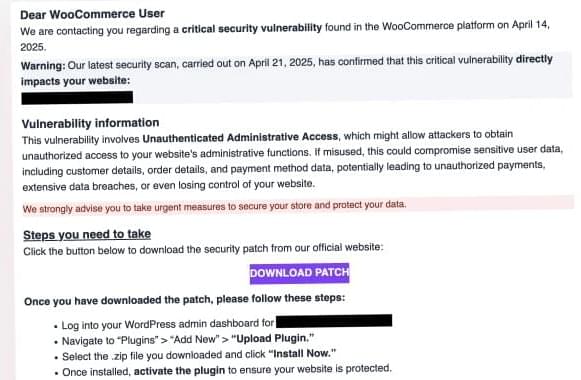Four children have gained life-changing improvements in sight following treatment with a pioneering new genetic medicine through Moorfields Eye Hospital and UCL Institute of Ophthalmology.
The work was funded by the NIHR Research Professorship, Meira GTx and Moorfields Eye Charity.
The 4 children were born with a severe impairment to their sight due to a rare genetic deficiency that affects the ‘AIPL1’ gene. The defect causes the retinal cells to malfunction and die. Children affected are only able to distinguish between light and darkness. They are legally certified as blind from birth.
The new treatment is designed to enable the retinal cells to work better and to survive longer. The procedure, developed by UCL scientists, consists of injecting healthy copies of the gene into the retina through keyhole surgery. These copies are contained inside a harmless virus, so they can penetrate the retinal cells and replace the defective gene.
The condition is very rare, and the first children identified were from overseas. To mitigate any potential safety issues, the first 4 children received this novel therapy in only one eye.
The eye gene therapy was delivered via keyhole surgery at Great Ormond Street Hospital. The children were assessed in the NIHR Moorfields Clinical Research Facility, and the NIHR Moorfields Biomedical Research Centre provided infrastructure support for the research.
Complete the security check before continuing. This step verifies that you are not a bot, which helps to protect your account and prevent spam.








